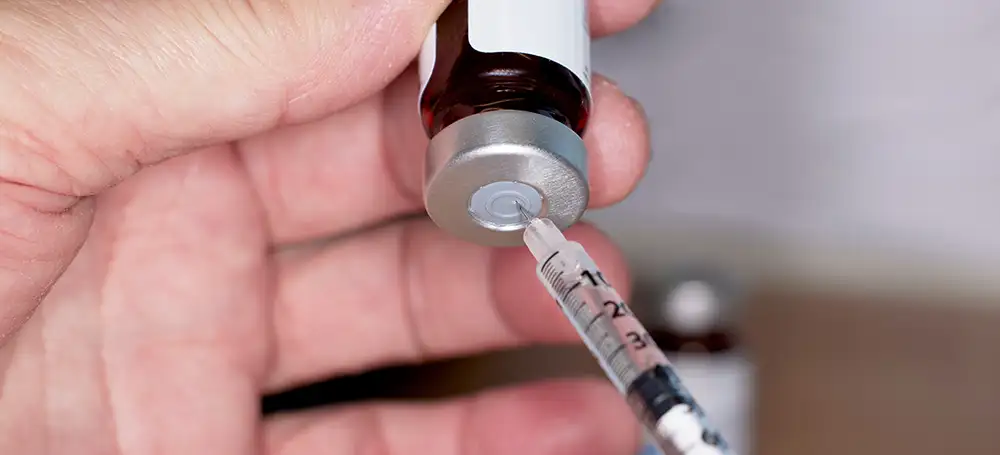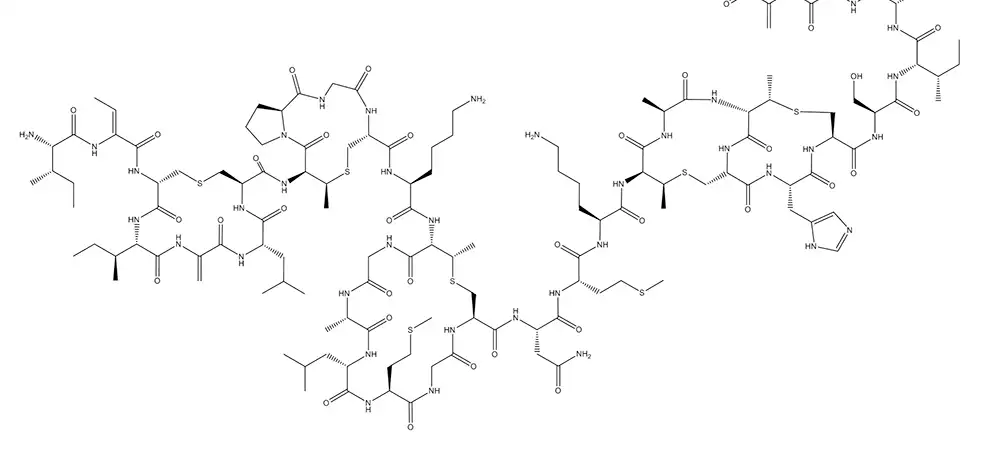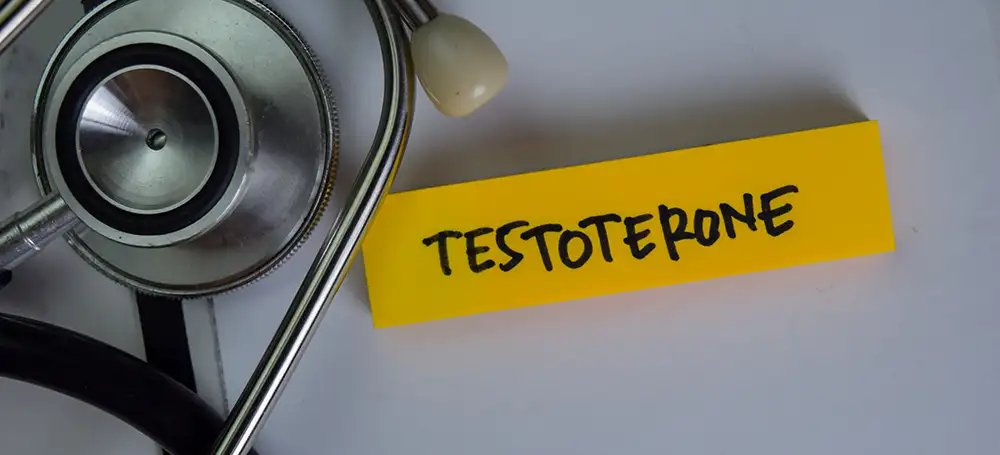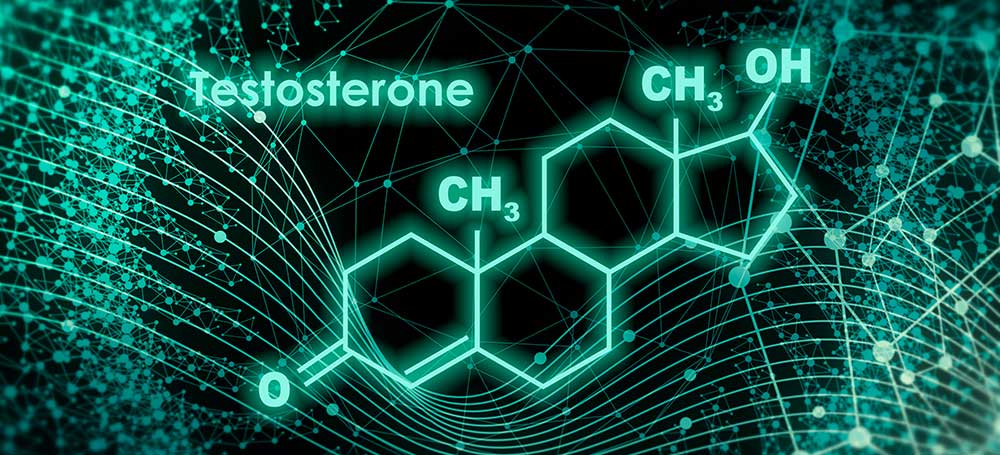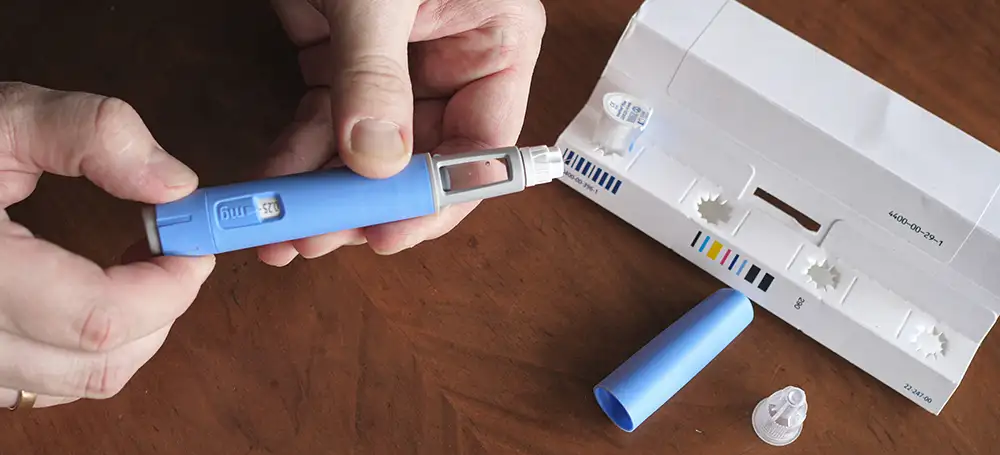After the age of 30, both men’s and women’s bodies experience a variety of chemical and hormonal fluctuations. One of the most significant transformations involves testosterone, which is better known as the primary male hormone.
Testosterone helps regulate a number of key processes throughout the body. Some of the main functions of this hormone include promoting muscle mass development, managing the distribution of body fat, improving bone density and regulating mood. These benefits are known to have a significant impact on men’s overall health and well-being.
However, testosterone isn’t only essential to male health. This hormone is also present in women and can affect their emotional and physical state as well. Although it is commonly associated with men, low T levels can adversely affect women in other ways. Regardless of your gender, it’s crucial to understand when getting tested for a hormone deficiency is the right choice for you. Here is everything you need to know.
Getting Tested for Low Testosterone
If you suspect that your testosterone levels are lower than they should be, have a talk with your doctor. Any issues that you are experiencing can likely be addressed through hormone replacement therapy. First, be sure to spend time doing research on different types of therapy. While men can undergo hormone therapy at any time they choose, women may suffer certain health-related problems if they delay treatment for too long.
Because of the intense side effects that low T can cause in a woman’s body, it’s vital that she discuss her options with a medical professional before making a decision. This is the most effective way to ensure that the choice you make aligns with your specific needs and goals.
The same guidance applies to men. If you’re concerned about your levels of testosterone and how they’re impacting your quality of life, don’t wait to ask for help. Talk to your doctor as soon as possible to address your issues in a healthy and productive way.
Regardless of which choice you make, be sure that it’s what you want and what makes the most sense for you as an individual. One of the major benefits of aging is being in touch with your body and understanding what it needs from you. By honoring these needs, you can enjoy greater health and well-being in numerous ways.
How Does Low Testosterone Impact Men?
A testosterone deficiency impacts men and women in distinct ways. First, it’s important to understand the effects of low T on a man’s well-being.
As discussed earlier, one of the main purposes of testosterone is building muscle mass. When your hormones drop to below-average levels, they tend to alter the appearance of your muscles. This change in muscle size can range from mild to severe. Generally speaking, the degree of muscle shrinkage is determined by the severity of your hormone deficiency.
Another common side effect of low T is a reduced sex drive. This is because testosterone plays a direct role in regulating sex drive and performance. If you’re struggling with low testosterone, a decrease in sex drive may be one of the very first symptoms that takes place.
In addition, testosterone is closely linked to energy levels. If you feel persistently tired or lethargic throughout the day, this may be a result of a hormone problem. These feelings of fatigue may not let up even after you’ve clocked in a full seven or eight hours of sleep. If you still lack energy despite sleeping well each night, you may have an underlying testosterone deficiency to blame.
A lesser-known role of testosterone is managing hair production. This is why premature hair loss is a common side effect of low T. In men without a hormone deficiency, balding occurs when testosterone levels naturally begin to decline as part of the aging process. However, if you’ve begun to lose hair earlier than expected, this may be low T at work.
These are just some of the main ways testosterone can influence a man’s overall health. Be sure to look out for these signs to know when it’s time to begin hormone replacement therapy in Boston.
How Does Low Testosterone Impact Women?
While there are many differences in the way testosterone affects the two genders, there is also a bit of overlap. Here are some of the telltale side effects of a testosterone deficiency in women:
- Muscle weakness
- Fatigue
- Reduced sex drive
- Difficulty sleeping
- Fertility issues
- Reduced bone density
- Weight gain
- Irregular menstrual cycles
If you come across any of these symptoms of a testosterone deficiency, don’t ignore the red flags. Being cognizant of these signs gives you the chance to receive the proper treatment for your needs. Women who have opted for hormone replacement therapy have noted significant improvements in numerous areas of their health and well-being, from their fertility to their sex drive.
Common Causes of Low Testosterone in Men
Hypogonadism is one of the most common causes of low T in men. This refers to a condition in which the testicles produce inadequate levels of testosterone. While some men develop hypogonadism from birth, others may not experience this disorder until later in life. This condition is typically caused by injury or infection of the testes.
Another common cause of low testosterone is testicular injury, which is typically associated with football and other contact sports. The risk of injury is particularly high during these athletic activities. To reduce the chances of hurting yourself, always be diligent about using the right kind of protection while playing sports.
Hemochromatosis and other metabolic disorders may contribute to low T. If you have hemochromatosis, it means your body produces higher levels of iron than what is considered normal. Being diagnosed with this condition may increase your risk of heart disease, diabetes and liver disease. It’s also worth noting that your male sex hormones may not function correctly as a result of this metabolic disorder, which can cause you to develop a testosterone deficiency.
It’s been well documented that inadequate sleep can disrupt your hormone levels. In certain situations, this can lead to a severe drop in testosterone levels. Over time, poor sleep habits may cause the symptoms of low T to develop throughout your body. Considering how essential sleep is to overall health, don’t ignore this warning sign that it’s time to begin hormone replacement therapy.
Many men who undergo chemotherapy report low testosterone as a side effect. Chemotherapy drugs can affect your hormone levels in a myriad of ways. In some cases, they may cause harm to the nerves in your pelvic area or reduce blood flow to your penis. These effects may lead to a testosterone deficiency in some men.
Common Causes of Low Testosterone in Women
While there are many possible causes of low testosterone in females, two main contributing factors stand out. One of these factors is reduced testosterone levels as a result of menopause. Both testosterone and estrogen levels begin to decline during menopause. These two hormones are strongly linked to the aging process, and a wide array of changes may take place due to fluctuating hormone levels.
Another common cause of low T in women is reproductive issues. These problems may concern the ovaries or other adrenal and pituitary glands. Typically, a woman’s ovaries begin to produce lower testosterone levels as she ages. However, specific issues concerning the ovaries may cause this to occur prematurely.
If a woman has her ovaries removed through surgery, this will cause her to enter early menopause. The same thing happens when the ovaries are harmed in any way, shape or form. Early menopause can cause a woman’s hormone levels to drop, which includes testosterone levels.
Other potential causes of a testosterone deficiency in women include faulty adrenal glands, a history of oophorectomy, an underactive pituitary gland and oral estrogen therapy, which results in heightened estrogen levels. Each of these factors can diminish the production of testosterone in the long run.
How Visiting a Testosterone Clinic Can Benefit Men
With help from high-quality hormone replacement therapy in Boston, you can combat many of the unwelcome side effects of low testosterone. After experiencing these benefits, you an enjoy a higher quality of life overall, from enhanced physical health to better mental well-being.
One of the biggest changes that men with low T notice is a reduced sex drive. By boosting your testosterone levels, you can allow your body to regulate sex drive and performance more efficiently.
Testosterone is also crucial to producing and strengthening bone. Building bone mass significantly reduces the risk of osteoporosis and similar diseases, which is especially important during the aging process. You may want to consider hormone replacement therapy as an option to strengthen your bones.
While hair loss is a natural part of aging, premature hair loss in men with low testosterone is more pronounced. Symptoms typically include a loss of facial or body hair in addition to bald patches on your head. Be sure to discuss your symptoms with your doctor before beginning hormone replacement therapy. This will help you determine whether you have any underlying medical conditions that may be causing you to lose hair early.
While not as frequently discussed, the emotional effects of a hormone deficiency can negatively impact men. Any serious changes in your testosterone levels directly influence your mood and emotions. By beginning the hormone replacement therapy process, you can reduce these effects and enjoy greater emotional stability in your daily life.
How Visiting a Testosterone Clinic Can Benefit Women
Whether you’re dealing with fatigue, weight gain, anxiety or an irregular menstrual cycle, hormone replacement therapy in Massachusetts can target your specific issues and help you feel like yourself again. Here are some of the key ways in which hormone therapy can fight physical and emotional changes and promote a healthier state of mind.
- Higher energy levels: Like men, women tend to report feeling more energetic and alert after completing several hormone replacement cycles.
- Stronger muscles: Muscle weakness doesn’t only impact men. Women can also benefit from stronger muscles and enjoy a better physique overall.
- Healthier weight: Some weight issues can be explained by low testosterone. Once your T levels are increased, you may have an easier time maintaining a healthier weight.
- Enhanced fertility: If you’re trying to get pregnant, addressing your testosterone deficiency can help you get to the root of the problem.
- Regular menstrual cycles: An erratic period can wreak havoc on various areas of your life. It’s crucial to address this issue before it becomes more severe.
Once you find the right form of treatment for your needs, you can reap all of these benefits and more.
Enrich Your Life With Hormone Replacement Therapy in Boston, Massachusetts
At Boston Vitality, we’re proud to offer top-tier men’s hormone replacement therapy in the state of Massachusetts. No matter what low T looks like for you, we’re eager to optimize your hormones to help you become the best version of yourself. To learn more about what we do, feel free to reach out to us today.




